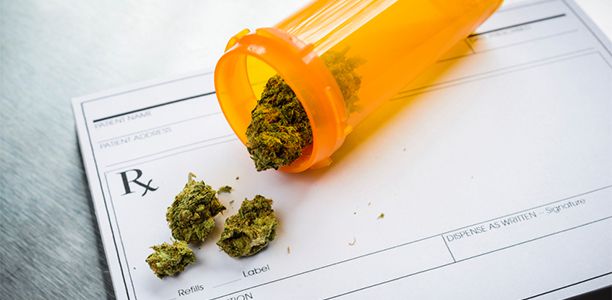A pioneering study, the Paediatric Epilepsy Lambert Initiative Cannabinoid Analysis (PELICAN), launches today not only to identify issues facing families living with epilepsy but also to analyse cannabis products being used in the community – with the potential to uncover new and more effective medications.
We will be looking at what’s happening in the community right now… with the ultimate goal being to identify novel and more effective medications.
A groundbreaking study launching today will investigate current community use of cannabis-based extracts to treat children with severe epilepsy, with the potential to uncover new and more effective medications.
Researchers at the Lambert Initiative at the University of Sydney, in partnership with Epilepsy Action Australia, are launching the PELICAN study (Paediatric Epilepsy Lambert Initiative Cannabinoid Analysis), which will take an in-depth look into use of cannabis-based extracts in treating childhood epilepsy.
A substantial number of Australian families have found dramatic benefits in treating their children with small doses of oils and liquid extracts that are derived from the cannabis plant. These are often taken in addition to conventional antiepileptic drugs.
Research associate and trial coordinator of the PELICAN study Anastasia Suraev, said: “Parents using illegal cannabis-based extracts to treat their children often inhabit a twilight world of incredible stress and uncertainty.
“All parents want for their child is to live a normal, happy life. Most of them have tried all of the conventional treatment options available for their child before trying cannabis-based extracts,” Miss Suraev said.
The PELICAN study will involve interviews with parents and also the collection and chemical analysis of oils and extracts already being used in the community and link the cannabinoid content to its therapeutic effects. Parents will have the option to receive individual feedback on the cannabinoid content of their sample.
“This has with the potential to help uncover new and more effective medications for treatment of childhood epilepsy,” Miss Suraev said.
The study will include interviews with families who have tried and stopped using medicinal cannabis and analyse cannabis extracts that have not been effective. It will also involve interviews with families who have never used cannabis-derived treatments and interviews will touch on issues such as the family’s experiences with and attitudes towards medicinal cannabis use in childhood epilepsy.
Interviews will be strictly confidential and all personal information will be de-identified.
Professor of Psychopharmacology Iain McGregor from the Lambert Initiative explained that recent research had found the endocannabinoid system of the brain plays a major role in balancing the excitability of neurons, and that malfunctioning of this system could lead to a variety of problems, including seizures. This has led to the proposal that targeting the endocannabionid system could be an effective strategy for treating epilepsy.
Cannabis-based oils and liquid extracts can contain more than 100 different cannabinoid compounds but different strains of cannabis can have vastly different cannabinoid profiles. One of the cannabinoids – a compound called cannabidiol (CBD) – has been linked to antiepileptic effects in humans. However, Australian cannabis tends to be very low in CBD, so it is likely that other cannabinoids have important antiepileptic effects.
Professor McGregor said this new study was crucial, with potential ramifications regarding legislative change and medicine development.
“Cannabinoids appear to be providing extraordinary therapeutic effects in some children with paediatric epilepsy, but we lack a clear understanding of how they are achieving this,” Professor McGregor said.
“Through the PELICAN study, we will gain a better understanding of the cannabinoid components that provide these therapeutic effects, potentially leading to new medicines that could prove extremely effective.”
Professor McGregor said the new study was also exciting because it was looking at the reality of what was happening in the community – an interesting example of back translation.
“Rather than making a medicine in the lab and then taking it to the community – which is a long and complex process – we will be looking at what’s happening in the community right now, and then taking these back to the lab and analysing the samples, with the ultimate goal being to identify novel and more effective medications for children with epilepsy.”
More information is available via the Lambert Initiative website, where people can also register their interest in PELICAN via sydney.edu.au/science/lambert
(Source: The University of Sydney)










